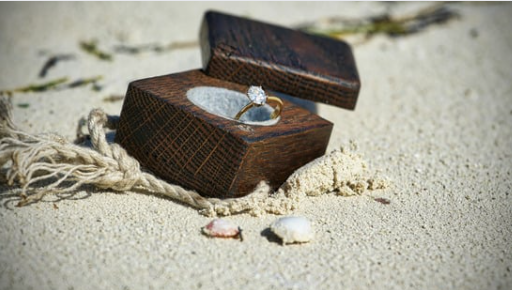Hi everyone,
A while back I thought about becoming a bench jeweler. I did some research on schools, but ended up forgetting about it and nothing ever came out of it. Then, this summer I bought a ring after a couple months of learning tons about diamonds and rings here on PS (I found a great diamond at Excel diamonds and got it set in a Legato sleekline from Whiteflash by the way).
It got me thinking again about going to a jeweler school. I''ve been thinking about this for a while now and I have made up my mind that this is what I want to do.
My question is this: I know there are plenty of jewelers on this site; what school did you go to and where would you recommend for someone with no experience to go to school? Most of the ones I''ve seen have 3-4 month programs; would this be enough for me to get a job right after school without having any other previous experience in jewelry? Thanks in advance!
A while back I thought about becoming a bench jeweler. I did some research on schools, but ended up forgetting about it and nothing ever came out of it. Then, this summer I bought a ring after a couple months of learning tons about diamonds and rings here on PS (I found a great diamond at Excel diamonds and got it set in a Legato sleekline from Whiteflash by the way).
It got me thinking again about going to a jeweler school. I''ve been thinking about this for a while now and I have made up my mind that this is what I want to do.
My question is this: I know there are plenty of jewelers on this site; what school did you go to and where would you recommend for someone with no experience to go to school? Most of the ones I''ve seen have 3-4 month programs; would this be enough for me to get a job right after school without having any other previous experience in jewelry? Thanks in advance!






300x240.png)